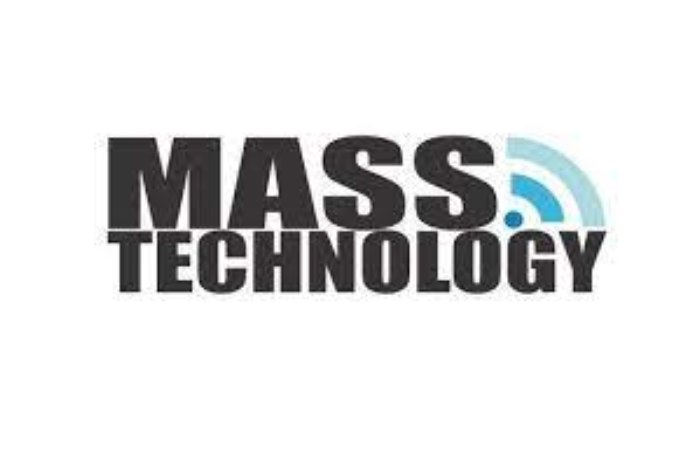Mass technology is a term used to describe the use of technology to produce and distribute goods and services on a large scale. It has profoundly impacted society, changing how we live, work, and communicate.
One of mass technology’s most significant impacts is how we produce goods. In the past, goods were typically delivered by hand, a slow and labor-intensive process. It has made it possible to produce goods much more quickly and efficiently using machines and automation. As a result, it led to a dramatic decrease in the cost of goods, making them more affordable.
Mass Technology
Mass technology has also had a significant impact on the way we distribute goods. Previously, goods were distributed through a network of small, independent businesses. However, it has led to the rise of large multinational corporations that can distribute goods globally. It has made it likely for consumers to buy goods from all over the world at various prices.
Mass technology has also had a significant impact on the way we communicate. In the past, communication was limited to face-to-face interaction, letters, and the occasional telegram. It has made it possible to instantly and effortlessly communicate with people worldwide. It has led to a more connected world where people can share information and ideas more efficiently.
Mass technology has also had several negative impacts on society. One of the most important concerns is the impact of it on the environment. Mass production and use of this technology consume substantial resources and produce much pollution. It is a significant problem we must address if we continue using mass technology sustainably.
Another concern is the impact of mass technology on our privacy. It collects vast data about us, which can remain used to track our movements, habits, and interests. This data can target us with advertising or influence our behavior in other ways. It is a serious concern that we must be aware of if we are to protect our privacy.
Despite the challenges, it is a powerful tool that has the potential to improve our lives in many ways. Using this technology responsibly and being aware of the potential negative impacts is essential. However, using this technology wisely can help create a more just, equitable, and sustainable world.
Here are some of the benefits

1. Increased Productivity:
Mass technology has led to increased productivity in many industries. It allows businesses to produce goods and services more quickly and efficiently.
2. Lower Prices:
Mass technology has led to lower prices for goods and services, allowing businesses to pass on the savings from increased productivity to consumers.
3. Increased Choice:
It has improved the selection of consumer goods and services. It allows businesses to spread a wider audience and offer a broader range of products.
4. Improved Communication:
Mass technology has enhanced communication between people. It lets people stay in touch with friends and family living far away and share information and ideas more easily.
Here are some of the challenges
1. Environmental Impact:
It has a significant environmental impact, and it is because it consumes many resources and produces much pollution.
2. Privacy Concerns:
Mass technology adoption poses significant privacy concerns, including data breaches, surveillance, and the potential misuse of personal information. Safeguarding privacy becomes increasingly challenging as technology advances and collects vast amounts of individual data.
3. Job Displacement:
Mass technology can lead to job 99b8 displacement, and this is because it can automate tasks that humans previously did.
Overall, it is a powerful tool that has the potential to improve our lives in many ways. However, use this technology responsibly and being aware of the potential negative impacts is essential.

